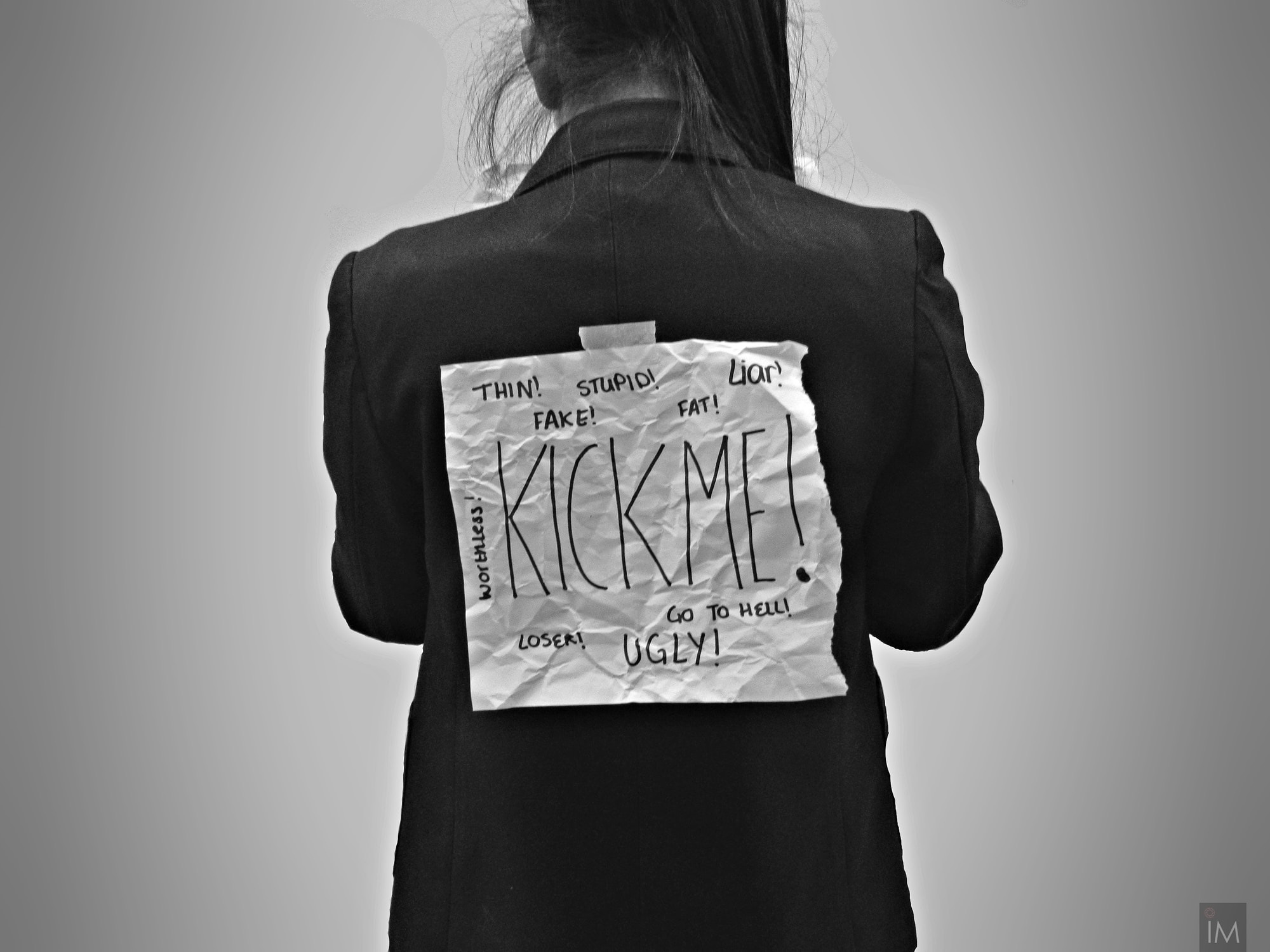Disruptive and Deviant Behaviour at Work
Occupational Deviance: are your employees an asset or a liability?
In an ideal world, the modern day workplace would be a place where we go to be productive and earn. Our colleagues would become our allies and we would work together in synchrony to ensure we achieve the organisations goals. People inside and outside the organisation would respect the fact that our work role is temporary, and ends at the end of the working day. In this type of workplace, work makes sense and our outputs would justify our efforts.
Unfortunately, the reality of organisational life is not as simple as the above. People behave badly in organisations to the extent that their conduct interferes with the effective operation of the business, and poses a threat to fellow staff members or customers. Organisational leaders have to manage these behaviours. If employers fail to address and correct bad workplace behavior, negative consequences such as poor morale, employee stress, damage to reputation, and employee turnover. Well-being and mental health can also be impacted by the organisations failure to manage disruptive behaviours. Organisations have a duty to care for employees, and employees should be held accountable for how they behave. Asides offering consultation in this area, we can help with the following:
- Resilience coaching
- Creating a company policy regarding workplace behaviour before an incident occurs
- Select and develop people wisely
- Psychological profiling
- Referring staff to the Issues@Work Clinic
Dr Hunter-Hill specialises in using Systems-Psychodynamic approaches such as ORA and CIBART to investigate a range of issues in the workplace,

Digital Bullying and Harrassment
Some of our clients whose work environment is on-screen, track are often targeted by trolls and digital bullies via online platform. Unfortunately, the barrier between their workrole and their personal life appears to be somewhat merged as they have an online presence and their social media accounts are potentially accessible to all, for the purpose of fandom. Many of these workers are celebrities or public figures. While there are many benefits associated with being famous, there is a 'dark side' to it too. Regardless, just like others who go to work, famous people have to work for a living also. However, the work they do, including their performance is on display to the public. As a result of this and various other reasons, their status and accessibility can result in them being trolled, bullied, and harassed online.
While some may be inclined to ignore online attacks, others struggle to know what to do, and how to manage themselves in this situation. Unfortuantely, digital bullying can have a negative impact onmental health and wellbeing. We help organisations and individuals to tackle these types of behaviour. We offer:
- Coaching
- Proactive Staff Check-Up service
- Personality profiling and action plans
- Consultation and advise on maladadaptive behaviours at work
Consultation example: The Impact of Psychological Culture on behaviour
Dr Hunter-Hill was asked to provide advice and consultation on the impact of culture on behaviour. Kweku Adoboli, the ex-UBS trader who was charged with fraud and false accounting and sentenced to seven years in prison following his involvement in a trading loss of $2.3 billion. He has since spoken widely and often controversially about the impact of corporate culture on the behaviour and decision-making of employees. Dr Hunter-Hill joins a panel of other experts to discuss what lead to this behaviour in the workplace, and discusses the impact of poor people selection, and organisational culture. The link to the full podcast is provided below:
- How to Select the Best People foe your Organisation: https://www.podbean.com/ew/pb-evmy6-94e30a
- The Impact that Psychological Culture has on Leadership Behaviours: https://www.podbean.com/ew/pb-td8ym-94e30b

